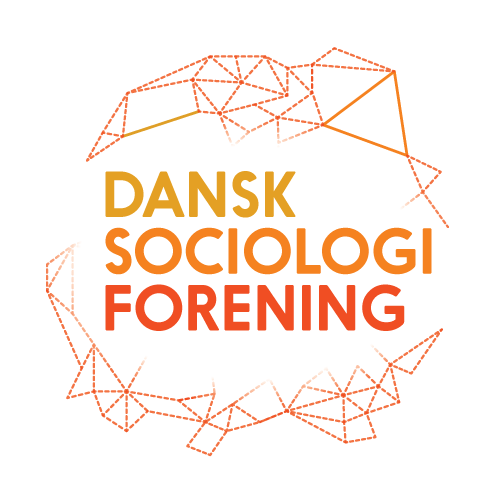The Department of sociology, University of Copenhagen, has in cooperation with the Research group “Knowledge, uncertainty and trust” and the Danish Sociological Association invited:
Professor Nikolas Kompridis
Research professor and director of the Institute for Social Justice, Australian Catholic University Sydney.
Professor Kompridis gives two talks. He is the third guest in the department’s lecture series about the fourth generation of critical theory
- Struggling for Recognition or Building Receptivity? Rethinking Politics and Critique in the Age of the Anthropocene.
May 20 (Tuesday): 13-15. CSS 16.2.55. In cooperation with the research group “Knowledge, uncertainty and trust”
Abstract: “In this talk, I argue for a shift of ethico-political paradigm from recognition to receptivity. The proposed shift of paradigm from recognition to receptivity allows us to rethink our obligations to, and the challenges of, diverse others, human and non-human, in ways that overcome the limitations of Hegel’s recognition model and its contemporary iterations. And it refigures 21st century politics as a politics of building receptivity rather than of struggling for recognition.”
- Rethinking Democracy’s Relation to Crisis: Is the Concept of Crisis itself in Crisis?
May 21 (Wednesday) 17-19 CSS 1.1.18. In cooperation with the Danish sociological association
Abstract: ”In this talk I will make two seemingly dissonant but interrelated claims: 1) that “crisis” in a strictly defined sense is internal to democracy, both inescapable and necessary, from which circumstance distinctive normative, conceptual and institutional implications follow, and 2) that the concept of “crisis” is itself in crisis, making it an increasingly suspect if not meaningless category of diagnosis and critique.”
Both talks are public. The first one is more seminar-like. You are welcome to contact Mikael Carleheden (mc@soc.ku.dk) to get material for the seminar
Kompridis research areas are Critical theory; democratic theory; theories of agency and action; theories of rationality; theories of identity, recognition, and culture; secularism and modernity; the role of social criticism in social change; the renewal of romanticism; and issues in philosophy of art, literature, music and film. Kant, Hegel, Heidegger, Adorno, Arendt, Habermas, Foucault, Taylor, Cavell.
His latest book is: The Aesthetic Turn in Political Thought. London; New York: Continuum. See also; Critique and disclosure: critical theory between past and future. Cambridge, Mass.: MIT Press.
